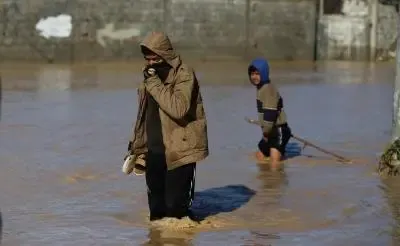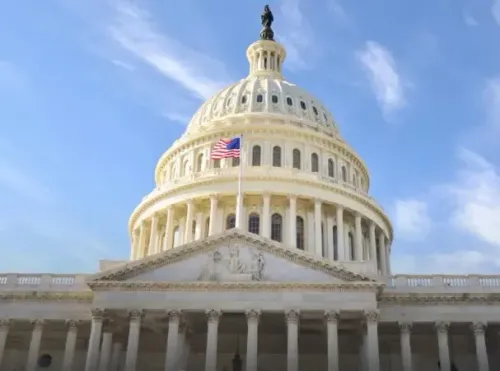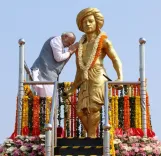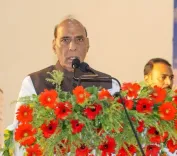Is the Snapback Mechanism for Sanctions Against Iran a Trap?
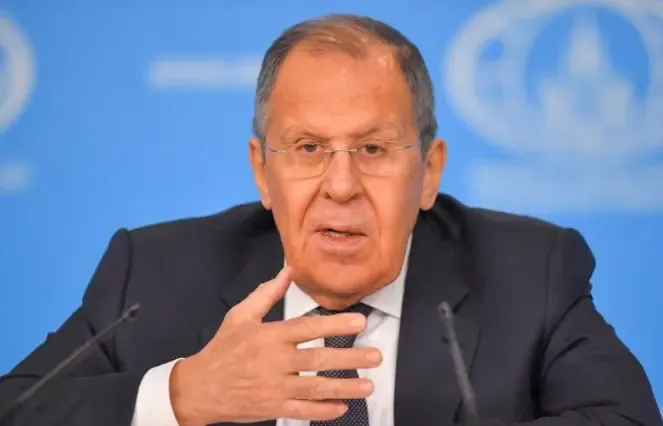
Synopsis
Key Takeaways
- Lavrov's assertion: The snapback mechanism is a trap for Iran.
- Legal concerns: The E3's activation of the mechanism has been questioned.
- Potential consequences: Resuming sanctions could harm UN credibility.
- Iran's position: Iran remains open to dialogue despite tensions.
- Geopolitical dynamics: The situation reflects broader international relations issues.
United Nations, Sep 28 (NationPress) Russian Foreign Minister Sergei Lavrov described the "snapback" mechanism for sanctions targeting Iran as a trap.
This mechanism is part of UN Security Council Resolution 2231, which endorsed the 2015 Iran nuclear deal, following direct talks between the Iranian foreign minister and the then US Secretary of State. Lavrov conveyed this during a press briefing on Saturday (local time).
He stated that this mechanism deviates from standard protocols, allowing any party to propose a vote on sanctions relief, which could be unilaterally blocked by a Security Council member with veto power, thus paving the way for reinstating sanctions.
According to Lavrov, the Iranians accepted this clause under the assumption that the US would not withdraw from the deal in 2018, given his involvement in negotiating the Joint Comprehensive Plan of Action (JCPOA).
Post US withdrawal, Europe failed to insist that the United States adhere to its commitments, instead also retreating from the agreement, as reported by Xinhua.
Lavrov noted that the Europeans are selectively interpreting aspects of Resolution 2231, specifically targeting the exotic mechanism for snapback.
He emphasized that this mechanism serves as a trap for Iran, reinforcing the fact that Iran had no intention of breaching its nuclear deal commitments.
On Friday, the UN Security Council did not pass a resolution proposed by China and Russia that aimed to extend both the JCPOA and Resolution 2231.
Lavrov cautioned against initiating the process to restore sanctions on Iran, warning it could severely damage the credibility and authority of the United Nations.
Under Resolution 2231, sanctions prior to its adoption in 2015 would automatically resume 30 days post-notification unless countered by a Security Council resolution.
“Our aim was to renew the Iran nuclear deal in its entirety without any modifications, maintaining its integrity during the period we hoped for ongoing negotiations,” Lavrov stated, adding that Iran remains open to dialogue, possibly through mediators, with the three European participants (E3) in the nuclear deal -- Britain, France, and Germany.
Iran has recently been in talks with the E3, yet Lavrov remarked that these discussions only demonstrate that the European trio has sought any excuse to reinstate sanctions since the outset.
Recently, the E3 announced they had activated the snapback mechanism by informing the Security Council of Tehran’s "significant non-performance" on August 28.
However, the legitimacy of the E3's actions has come under scrutiny, as it bypassed the Dispute Resolution Mechanism outlined in the Iran nuclear deal and Resolution 2231.
Both Iran and Russia declared that the snapback of sanctions is legally invalid, arguing that the E3 were not positioned to activate the mechanism.

